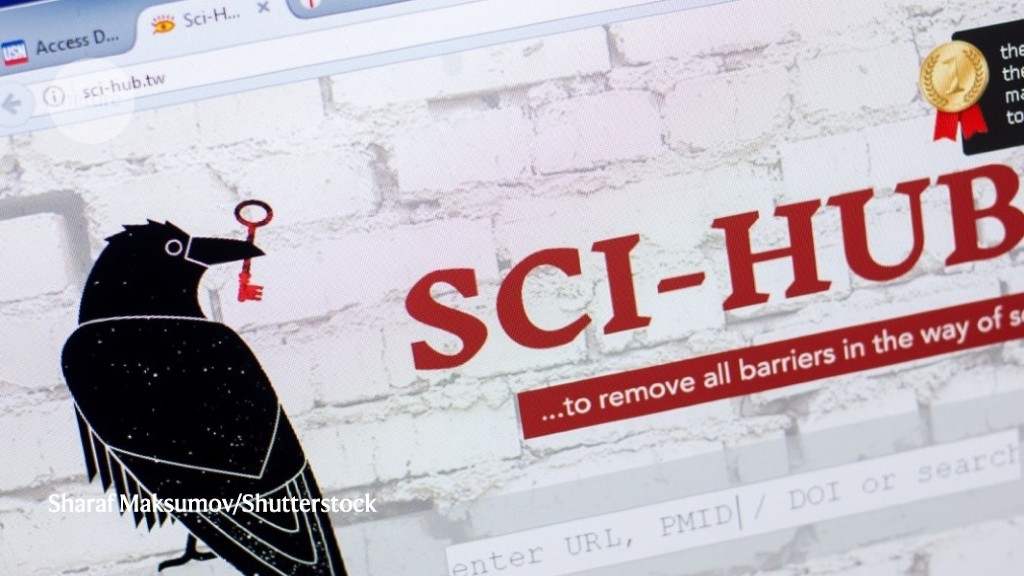Scientific Publishing: Peer Review Without Gatekeeping
eLife is changing its editorial process to emphasize public reviews and assessments of preprints by eliminating accept/reject decisions after peer review.
Send us a link
eLife is changing its editorial process to emphasize public reviews and assessments of preprints by eliminating accept/reject decisions after peer review.
eLife will emphasise the public peer review of preprints, restoring author autonomy and promoting the assessment of scientists based on what, not where, they publish.
The way that the global north pays for publishing hampers public, scholar-led efforts in Latin America.

Nature's recent efforts to redefine the ethical responsibilities of scientists leave a lot to be desired.

Editormetrics analyses the role of editors of academic journals and their impact on the scientific publication system - but open, structured and machine-readable data remains rare.

The OSTP Nelson Memo has caused quite a stir in scholarly communication circles. How will academia handle the zero embargo?

Chris Graf (and colleagues) present five reasons to be cheerful about research integrity and peer review.
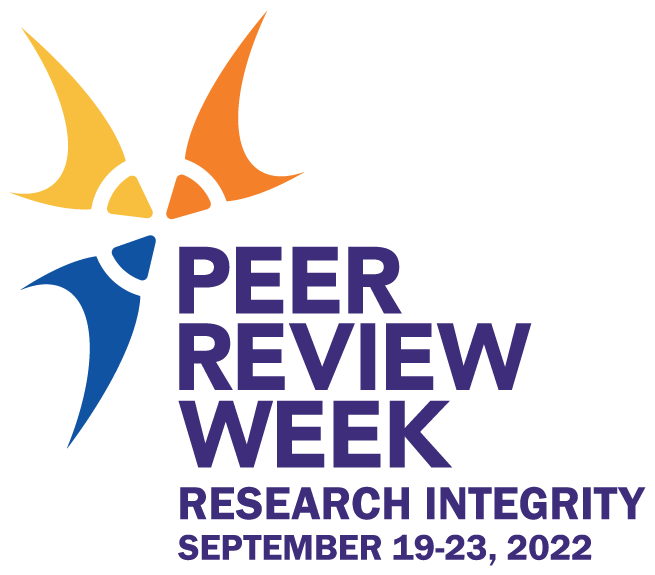
Reference lists for more than 60 million journal studies in Crossref are now free to view and reuse.
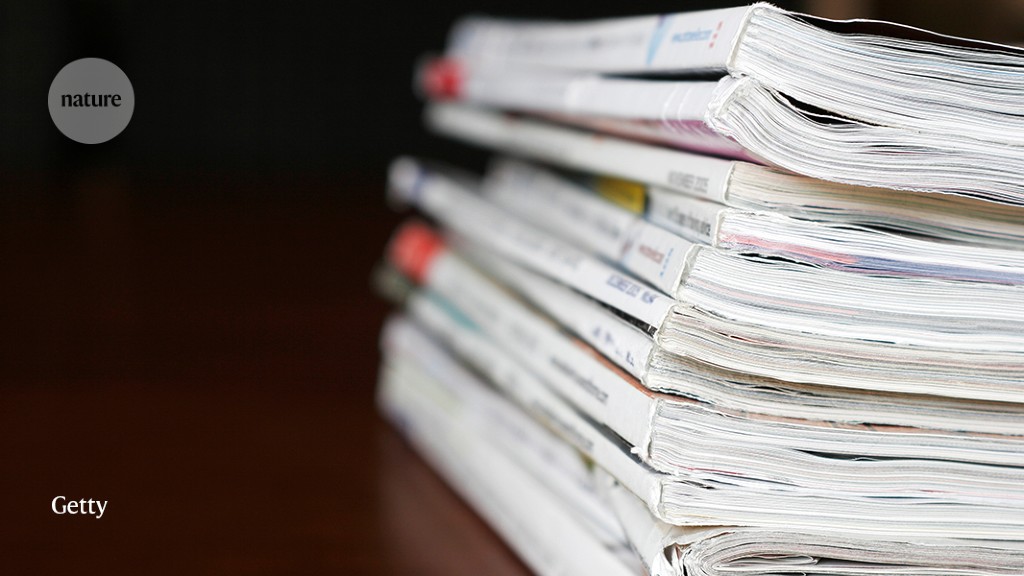
They look like scientific papers. But they're distorting and killing science.
UC Berkeley scientists and students looked at current artificial intelligence translation systems and found that, though flawed, they have become good enough for researchers to broadly translate their work into other languages, at least the languages of the coauthors and the country in which the research was conducted. One problem: how to get permissions to translate and share, and where will these translations live online.
Between 2018 and 2020 China published 23.4% of the world's scientific papers, eclipsing the US.

This study indicates that the JIF is a bad predictor for the quality of peer review of an individual manuscript.
Retraction Watch has witnessed a retraction boom since its founding 12 years ago. But the scientific community must do much more.

Measurement(s) acknowledgements section
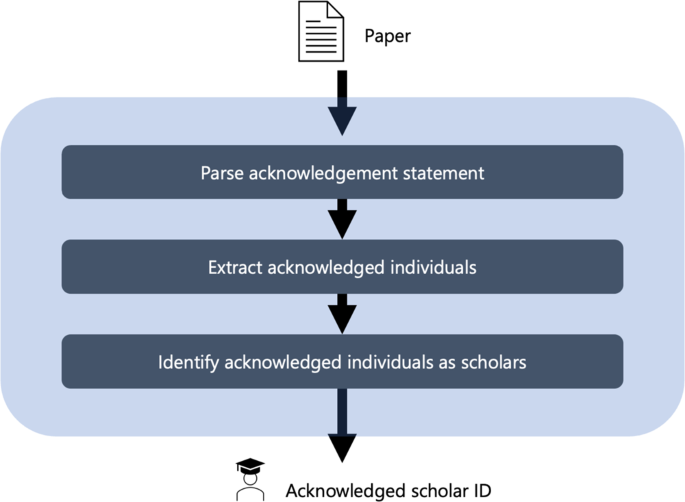
The intention of the Writing Workshops is to cultivate professional networks and mentorship and provide access for early career researchers in developing countries to the academic requirements of journals, including international journals, and to equip them with the necessary knowledge and skills to publish in these journals.
Any single analysis hides an iceberg of uncertainty. Multi-team analysis can reveal it.
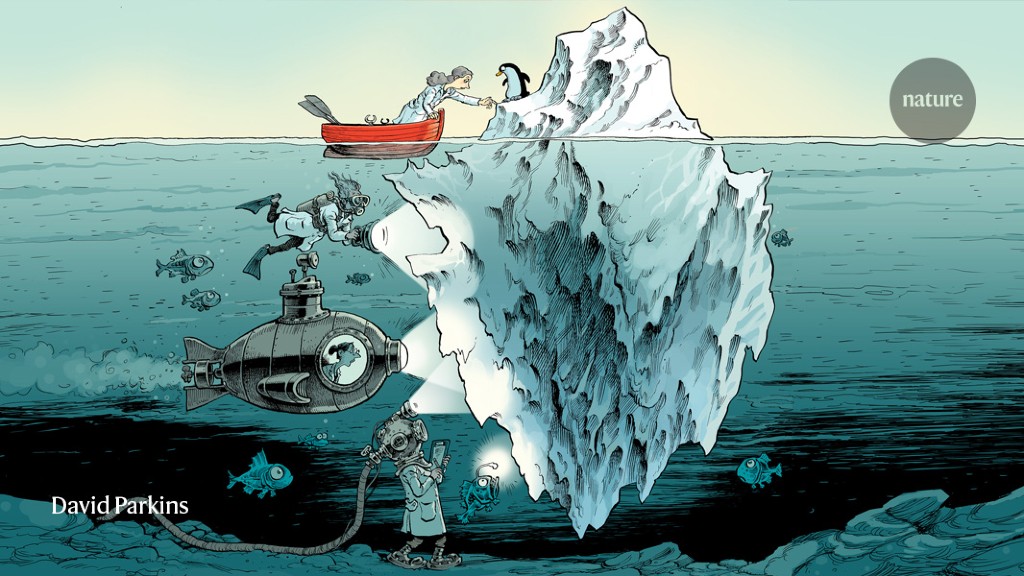
Trying to understand what private data Elsevier collects; what private data Elsevier sells; and what to do about it.

In the light of CCCs acquisition of Ringgold last week, three Chefs, Phill Jones, Roger Schonfeld, and Todd Carpenter reflect on the motivations for the move and its implications for PIDs and organisational identifiers.
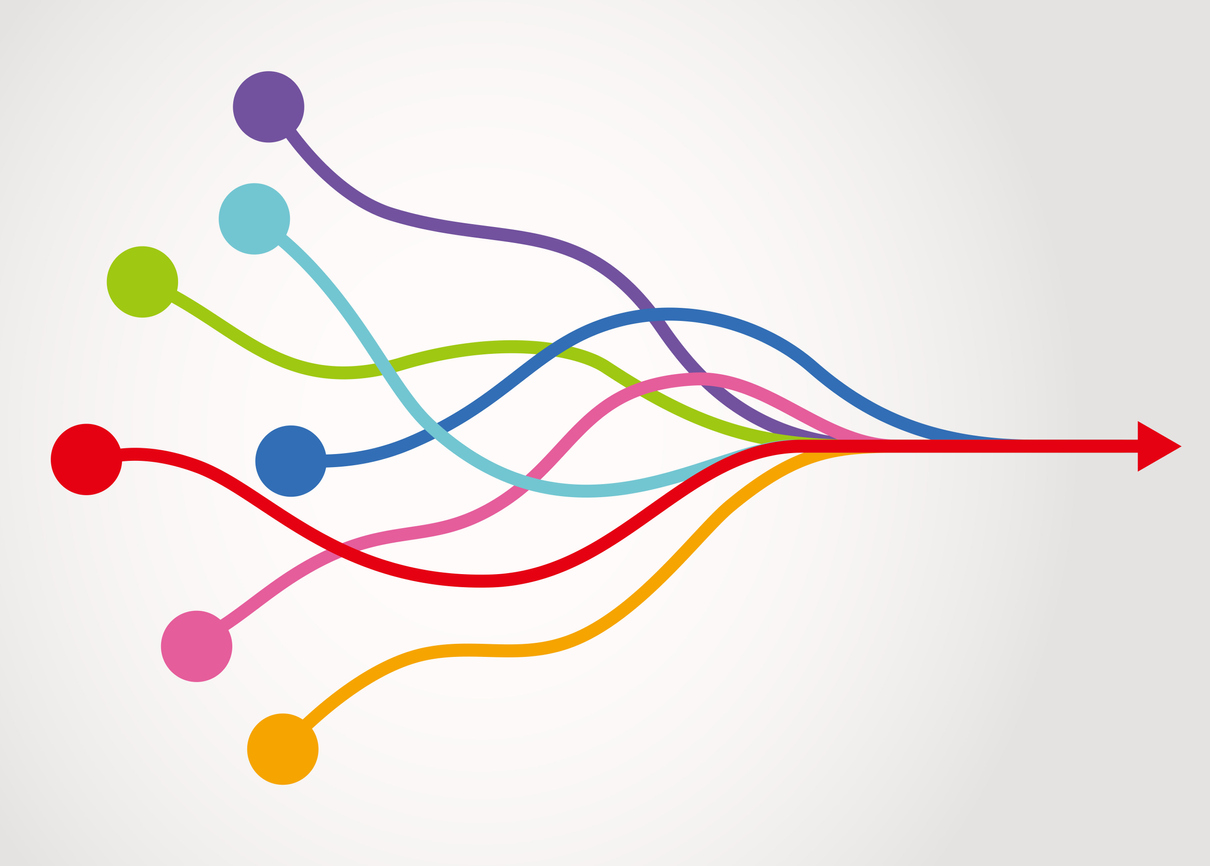
As a format it's slow, encourages hype, and is difficult to correct. A radical overhaul of publishing could make science better.
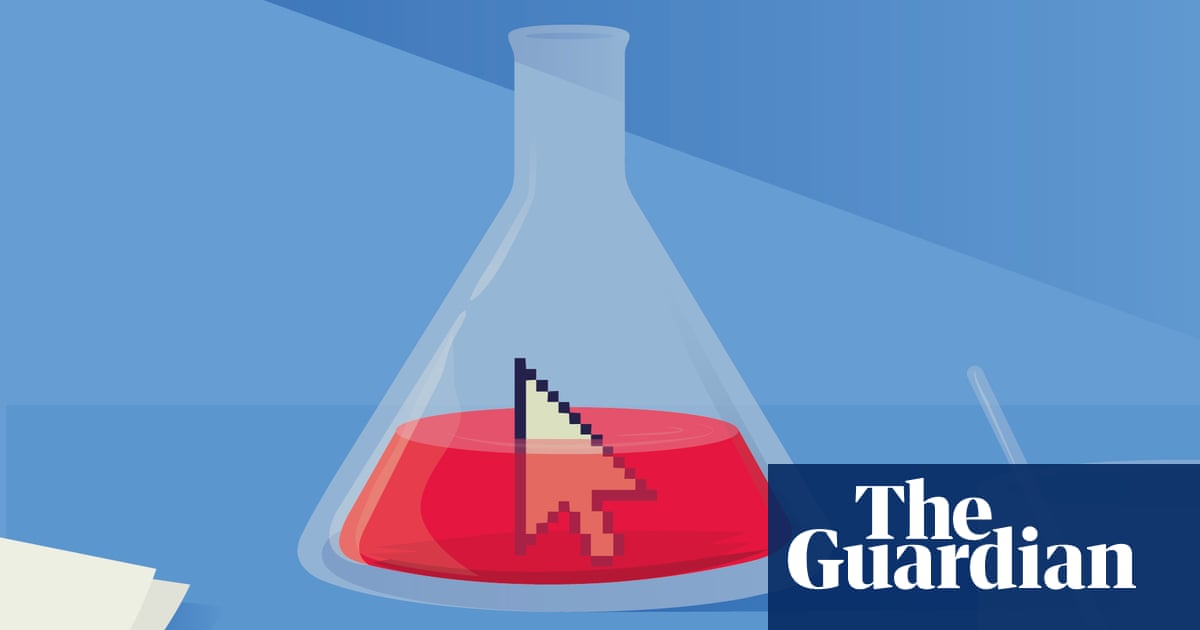
Most titles are still considering manuscripts irrespective of nationality - but Russia plans to remove a requirement for scientists to publish in foreign titles.

Review of a webinar featuring several key players in implementing Plan S, asking what lessons have been learned?
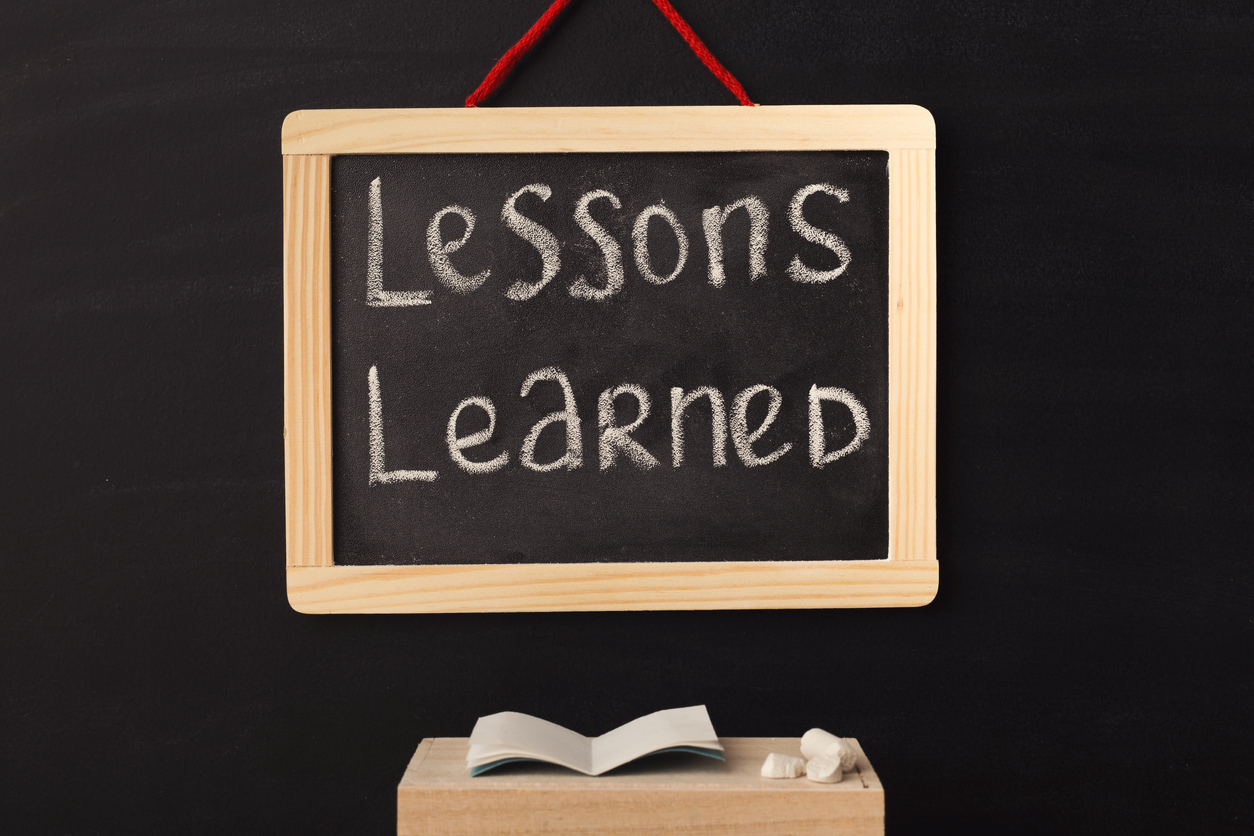
Papers are a key currency for academic careers. LGBQ academic scientists who don’t disclose their sexual orientation in the workplace publish fewer papers than their out or non-LGBQ peers.
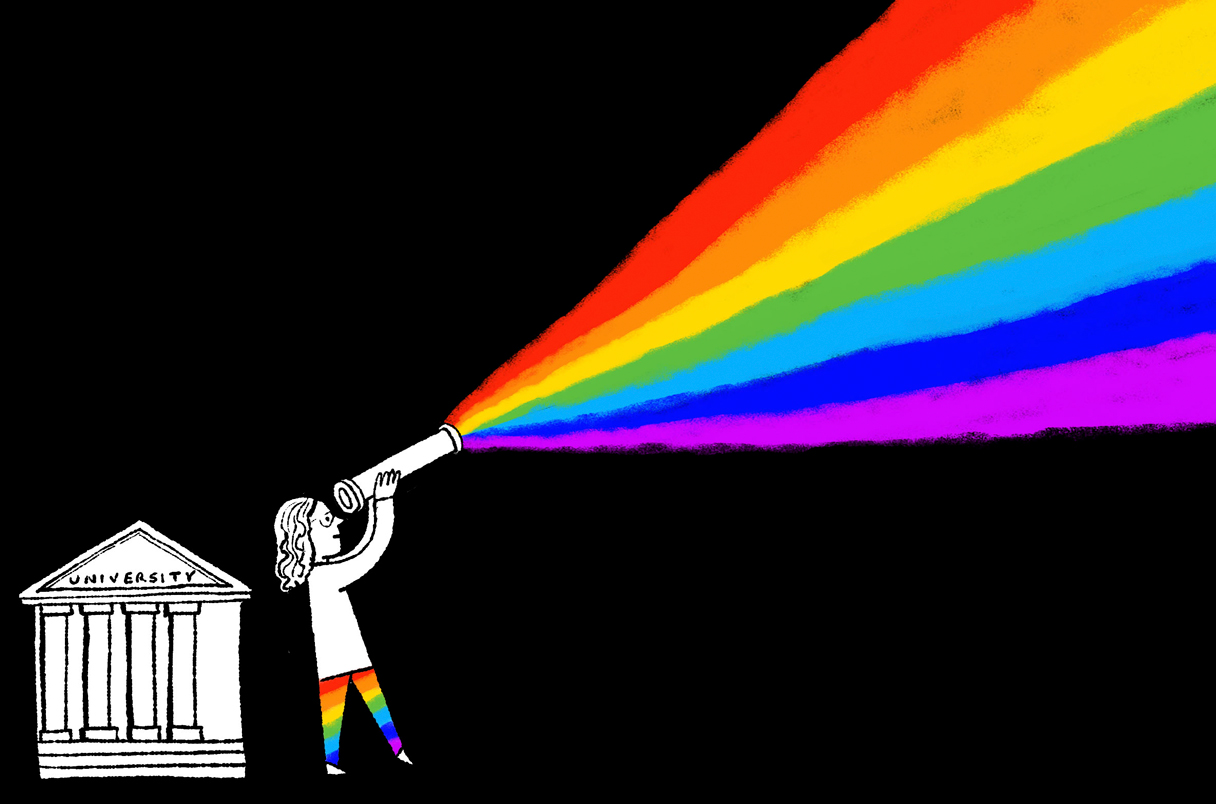
Elsevier's work with fossil fuel companies 'drags us towards disaster', climate researcher says.

Efforts to chart and reduce bias in scholarly publishing will ask authors, reviewers and editors to disclose their race or ethnicity.
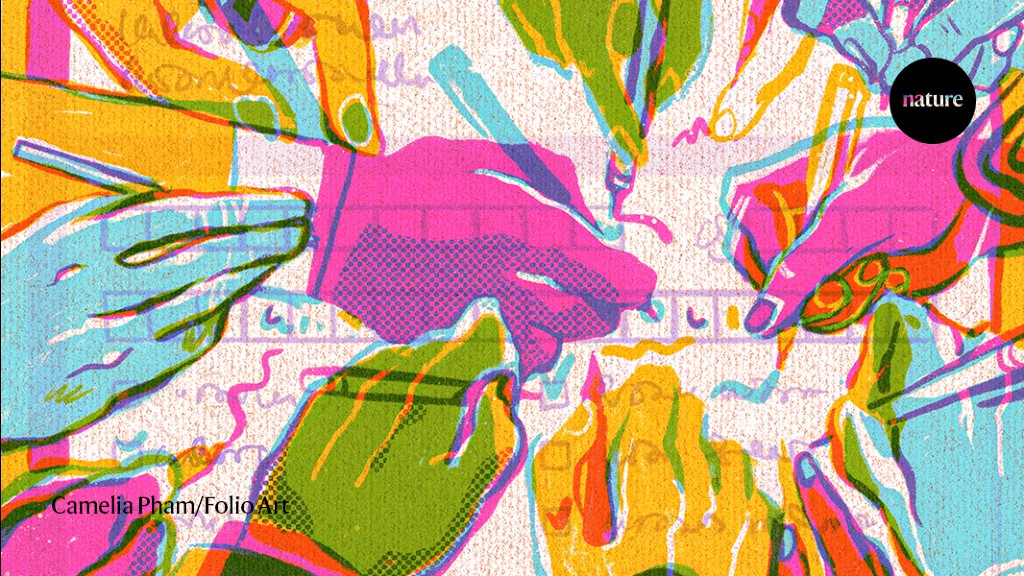
After becoming a Scholarly Kitchen Chef back in July 2019, I have never stopped being amazed by the numerous dynamic issues and developments that scholarly publishing is dealing with. As a biologist by training, 'diversity' is the word that comes to mind.

Does today's news of Wiley etc. syndicating to ScienceDirect mean Elsevier is developing a supercontinent to compete with ResearchGate and Google Scholar?
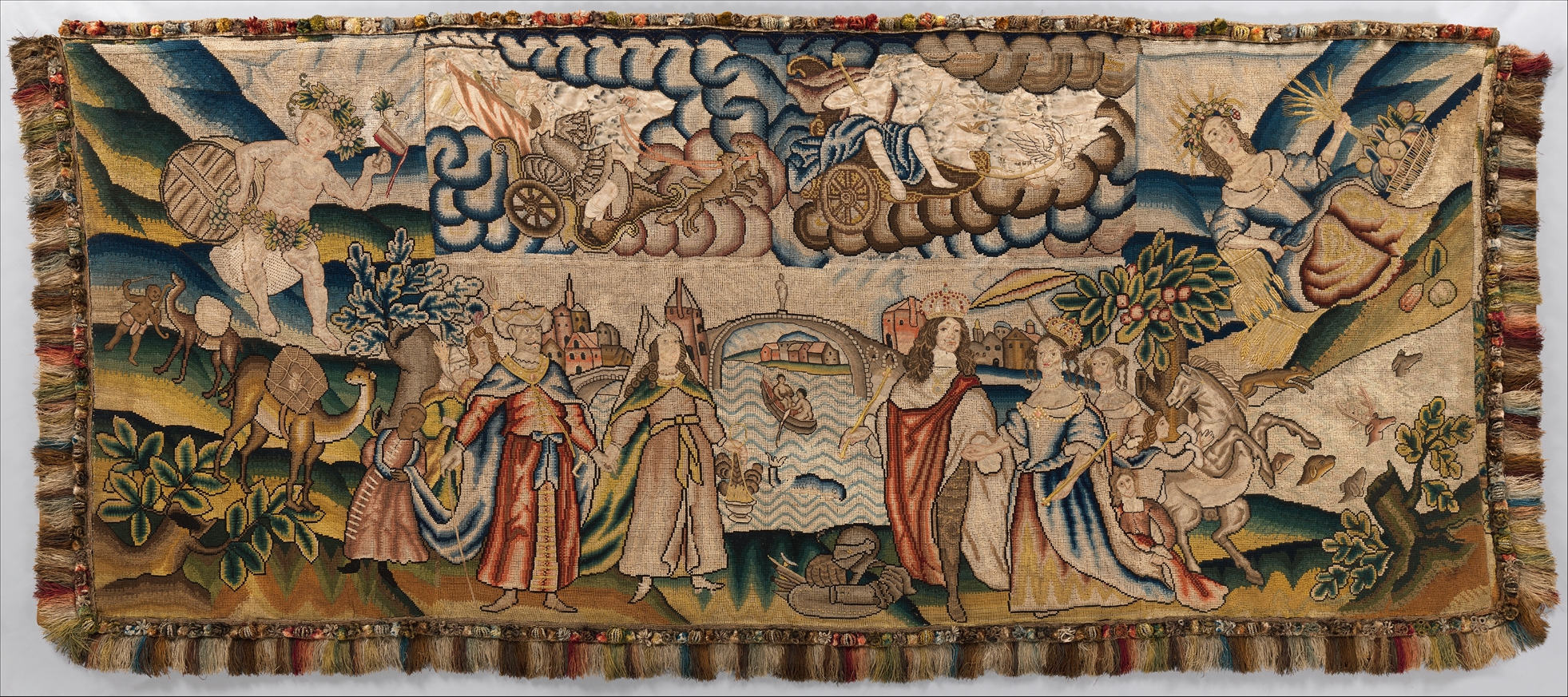
Science is often seen as a meritocracy, where the best work rises to the top along with the researchers who shepherd those advances. A new study tests that premise at the intersection of race and gender and finds cracks in that façade.
Perverse incentives in academia and scientific publishing have led to a surge in research fraud.
The last few years have been a period of rapid market consolidation in scholarly publishing. Here, a look at the ongoing demise of the independent research society publisher, as more and more continue to sign on with larger publishing partners.
Delhi court will scrutinize whether the pirate paper website falls foul of India's copyright law. The verdict could have implications for academic publishers further afield.
